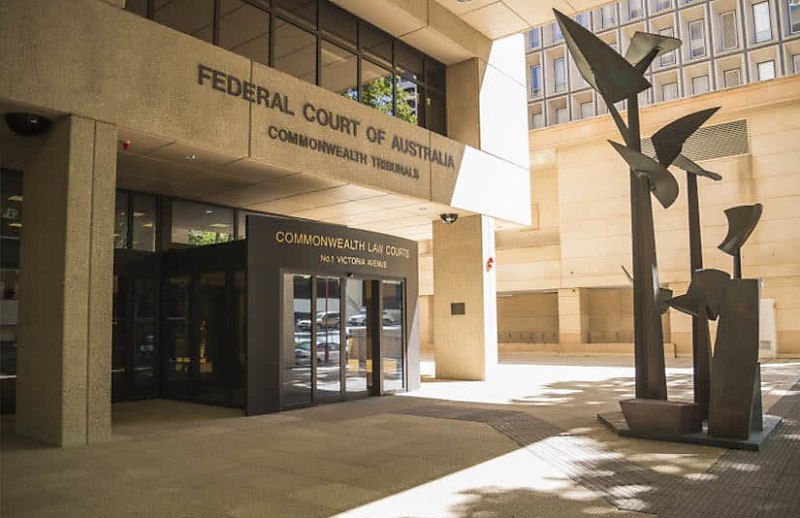Federal Court rules against ATO in Bendel decision
The court has handed down its decision on the Bendel case, dismissing the ATO’s appeal.

The Federal Court has ruled in favour of taxpayer Steven Bendel in the Commissioner of Taxation v Bendel decision handed down today.
The decision, which considered the definition of a loan for the purposes of Division 7A, confirms an earlier finding by the Administrative Appeals Tribunal in 2023.
The Tribunal in Bendel v FCT [2023] AATA 3074determined that an unpaid present entitlement (UPE) between a corporate beneficiary and trust did not constitute a loan under section 109D(3) of the Income Tax Assessment Act 1936.
This challenged the ATO’s established view in TD 2022/11 that an unpaid present entitlement to a company constitutes a Division 7A loan.
The trustee had made distributions to a corporate beneficiary, Gleewin Investments, in various income years. Not all of the distributions had been physically paid by the end of the relevant lodgement dates, thereby creating UPEs.
In accordance with the standard taxing provisions for trusts under section 97 of Division 6 of the ITAA 1936, Gleewin Investments was taxed on the paid and unpaid distributions.
However, the Commissioner also treated the unpaid distributions that remained outstanding at the relevant lodgement dates as loans from Gleewin Investments back to the trust.
The Commissioner issued amended assessments that treated those loans as deemed dividends within the meaning of 109D(1).
As a result, Gleewin Investments and Bendel, as beneficiaries that were presently entitled to the trust’s deemed income, were then assessed on their proportional share of the deemed dividend.
Bendel objected to these amended assessments, with the objections then disallowed by the Commissioner.
In its decision, the Federal Court said it did not accept the Commissioner’s construction of section 109D(3) of the ITAA 1936.
The court noted that the perceived mischief that lies at the heart of the Commissioner’s position is the creation of a present entitlement that is not paid to a corporate beneficiary and remains in the trust, but which benefits from taxation at the corporate beneficiary’s corporate tax rate.
However, the court said Division 7A does not operate to negate a present entitlement.
“A consequence of the Commissioner’s construction of Division 7A is that a share of net income to which a corporate beneficiary has been made presently entitled and on which the corporate beneficiary has been taxed in one year is again included net income of that same trust in the following year,” it said.
“This has the potential result of an overall tax impost that is higher than if the corporate beneficiary was never made presently entitled at all.”
The Federal Court said Division 7A is an anti-avoidance provision directed at “in substance distributions of private company profits”.
It explained that where company profits referable to a UPE make their way to a taxpayer subject to tax at personal rates, there is a deemed distribution to the taxpayer and the benefit of the corporate tax rate is lost.
“That was the mischief perceived by the legislature. Subdivision EA expressly excludes a private company’s UPEs that make their way to another,” the court said.
“The legislature did not perceive a mischief in respect of UPEs in the way that the Commissioner now perceives.”